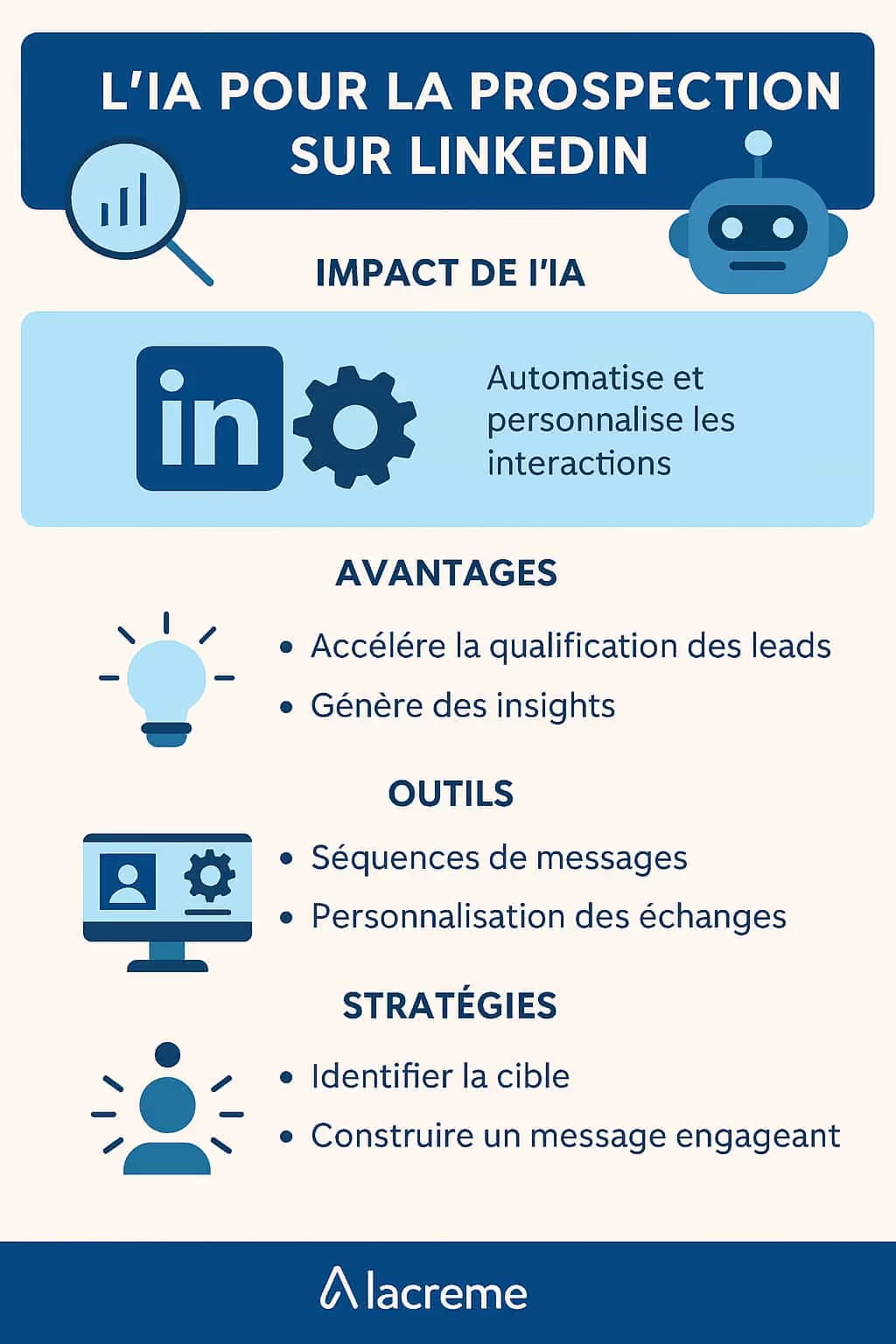Consider a home where each component interacts harmoniously with the others, anticipating your needs and serving your daily well-being. It is in this imaginary world that theAI home stands as the central pillar of the house of tomorrow. We are going to explore how theartificial intelligence in modern homes shapes smart living, transforming every corner of our home into a responsive and intuitive living space.
The main functions of AI in smart homes
In the home of tomorrow, AI transcends the boundaries of the imaginable. Its functions are diverse and influence so much on the energy management only on the maintenance of domestic space. It learns from our habits to optimize heating, lighting and even water consumption. This advanced technology results in a home environment that is both ecological and economic, where comfort and convenience are in harmony.
The impact of AI on home comfort and safety
The essence of artificial intelligence at the service of the home is to create a safe environment while promoting the comfort of its residents. It is through a series of continuous learning and readjustments that the AI succeeds in weaving this protective cocoon.
How does AI improve security systems?
Home surveillance becomes almost autonomous thanks to the integration of AI. A network of smart cameras that can distinguish residents from unexpected visitors is the backbone of security. In addition, the AI is in a position to report suspicious activity instantly, for the sake of increased protection.
Comfort management: AI and the automation of household tasks
AI is also at the heart ofautomation of household chores, ranging from the deployment of robotic vacuum cleaners to the programming of intelligent cooking systems. AI-enabled devices coordinate to perform a variety of household tasks, freeing up time for more fulfilling activities.
Connected devices and the artificial intelligence ecosystem
Within the smart home, connected devices are the arteries through which information flows, allowing AI to breathe and operate. They form a complex network, a web where each device communicates to compose the connected home ecosystem.
The interoperability of smart devices in the home
Interoperability, or the ability for various systems and devices to exchange and use information with each other, is critical. It forms the foundation on which the connected home is based, allowing a wide range of devices, from speakers to refrigerators, to work in synergy.
Technological innovations: what are the latest AI gadgets for the home?
Technological advances continue to reshape the landscape of AI-equipped gadgets for the home. Lately, refrigerators capable of offering recipes based on the foods present, or interactive mirrors that give advice for health and well-being, have appeared on the market.
The future of artificial intelligence in the home: trends and perspectives
The horizon of intellectual housing is vast and promising. By developing futuristic scenarios, we can identify trends such as that of voice assistants that become personal concierges, or that of integrated systems that manage home maintenance independently.
Ethical artificial intelligence: preservation of privacy and data security
The introduction of AI in our homes raises legitimate questions about the preservation of privacy and the data security personal. Therefore, the design of solutions ofEthical AIs is fundamental, guaranteeing respect for our rights and freedoms in the domestic environment.
In summary, homemade artificial intelligence promises to transform our homes into dynamic and caring living spaces, while paving the way for an era where technology and humanity mingle in a transparent and respectful way. The house of the future is much more than a home, it is an intelligent companion, designed to adapt and evolve with its occupants.






